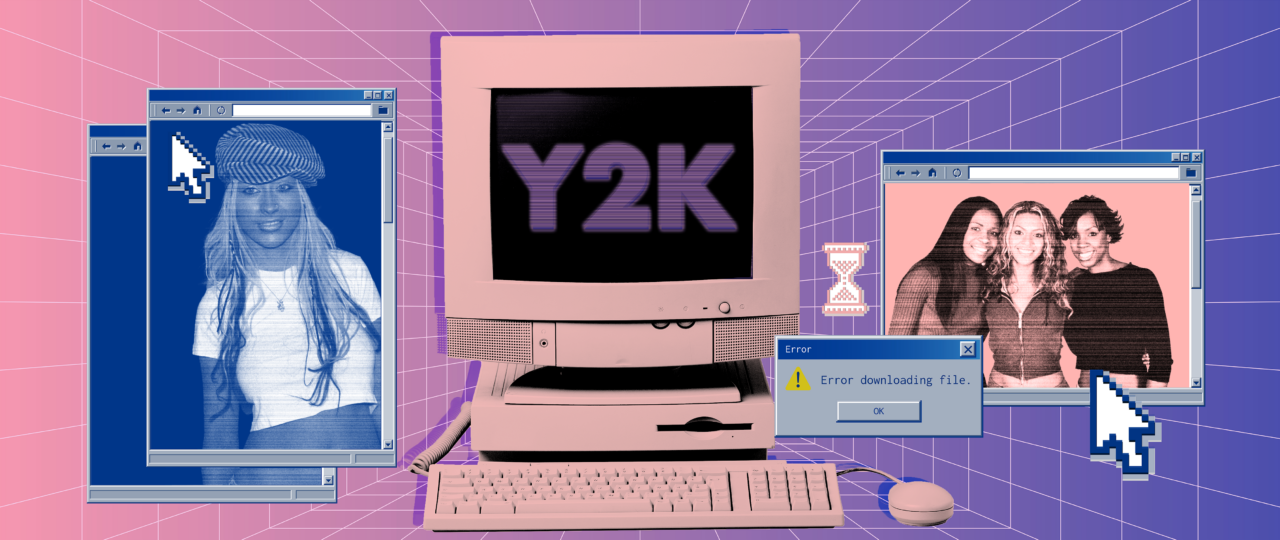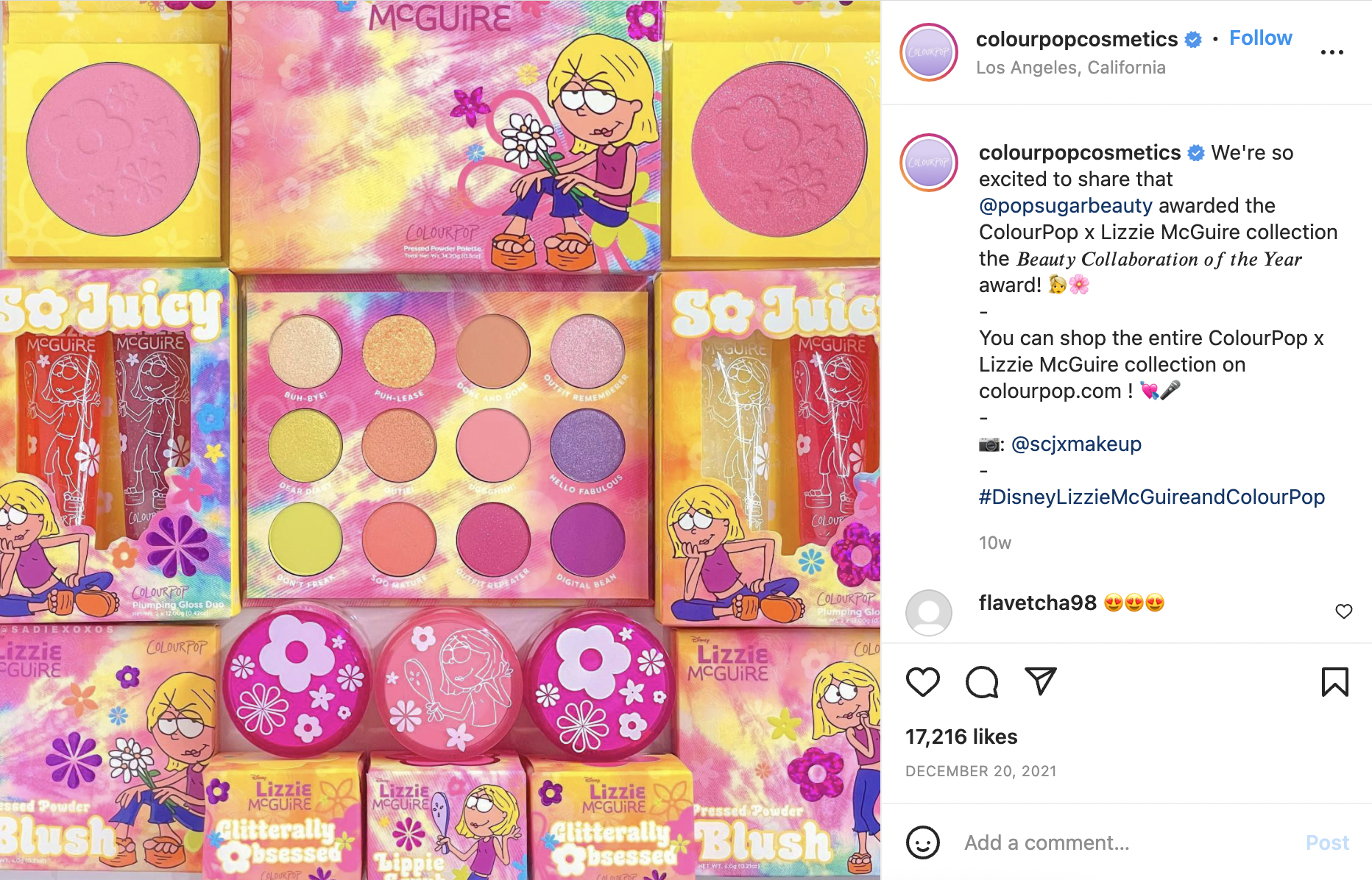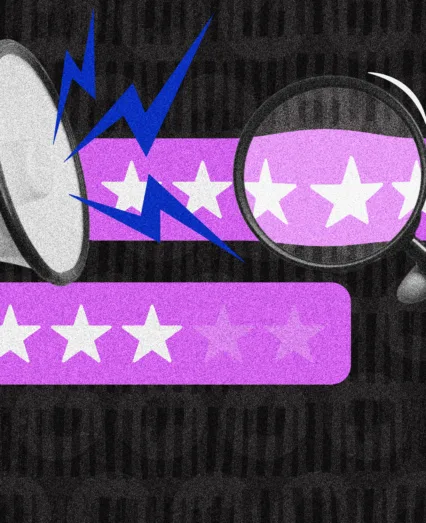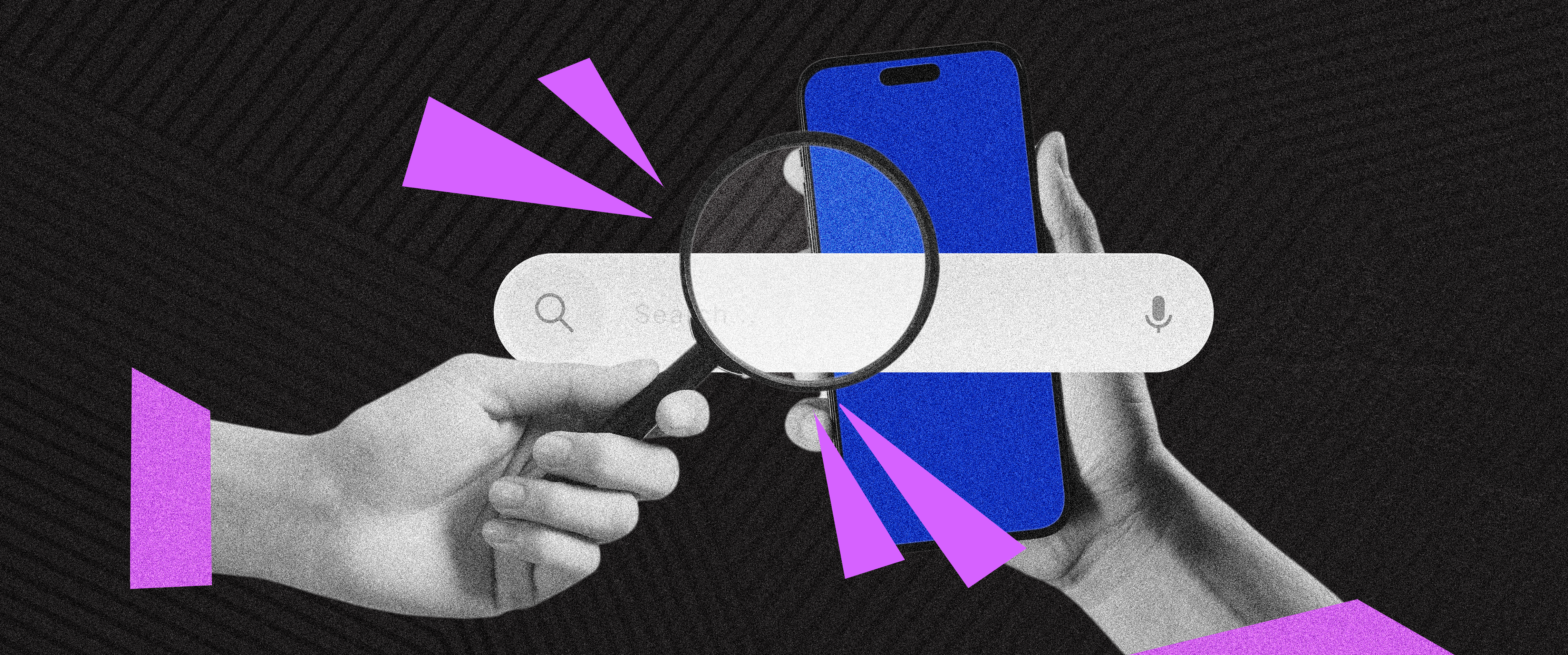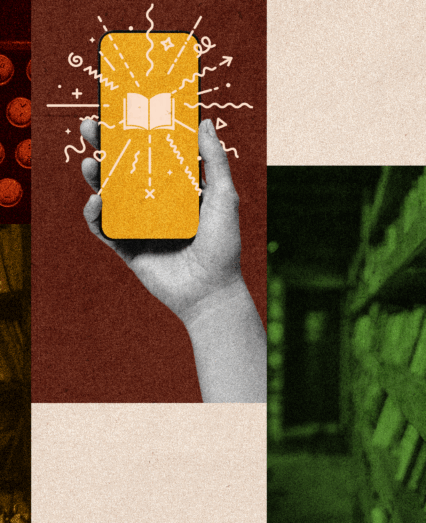When thinking of a social media phenomenon like TikTok, some might imagine it as a glimpse into the future — a place where members of Gen Z meet and share trends that’ll define the generations to come. That might be true in some cases, but TikTok isn’t always as future-focused as one might imagine.
Y2K is taking over your TikTok page
The video-sharing platform has seen recent trends of early 2000s nostalgia in all kinds of ways. From fashion to music and everything in between, hopping on TikTok will make you want to get out your flip phone and low-rise jeans (maybe). But why is Gen Z so fascinated with this moment of the past?
The reason behind it all
Obviously, these past few years have not been easy for many people. This is especially true for Gen Z individuals as they’ve had to navigate their formative years during a global crisis. Antonia Lowe for The Drum shares that “GWI’s Gen Z report states [Gen Z] is 37% more likely to have experienced feelings of panic since the beginning of the [COVID-19] outbreak.”
As a result of the pandemic, people have been turning to things that bring comfort, whether it’s baking banana bread or working on that painting you never finished. Lowe explains this phenomenon by claiming, “Whilst we know Millennials are famous for returning to the ‘90s, Gen Z are creating their own comfort blanket by embracing trends from the early 2000s.” To combat ongoing stress and uncertainties, Gen Z seems to be turning to trends that are reminiscent of their own childhood.
Brands are jumping onto the trend
This clearly isn’t a niche trend, as many of these 2000s-inspired videos gain thousands of views and likes among users’ “For You” pages. Brands such as Target have taken notice and are using this tactic to make shoppers feel like they have been transported to a younger, simpler time.
Apart from fashion, the beauty industry has jumped onboard as well. ColourPop Cosmetics launched a collection inspired by Lizzie McGuire last year, which became widely acclaimed by makeup lovers worldwide. From bright, glittery eyeshadows to juicy glosses, the collection made people feel as if they had stepped into their favorite Disney show from years ago.
But does it really work?
It’s clear that several brands and marketers have caught on to this trend, but some might question its effectiveness. Do consumers respond well to this kind of marketing ploy, or are they bored (or horrified) from seeing something recycled from their past? Lauren Cover from Sprout Social views nostalgia as a smart tactic for brands to utilize. She says, “More often than not, the feeling of nostalgia clings to positive memories, so when a brand, event or product is a part of that memory, they’re at an advantage. When used correctly, nostalgia marketing is an effective way to excite, inspire brand affinity and give people a warm fuzzy feeling they won’t forget.”
Despite the great benefits of nostalgia marketing, that doesn’t mean it can work all of the time. Brands have to be careful about provoking nostalgia that is consistent with the age of their target audience. Steve Markov from Chief Marketer says, “As a marketing expert, you know that what motivates Millennials to purchase a brand is often different than what’s effective with Boomers. Add nostalgia to the equation, and there’s an even bigger disparity since nostalgia focuses on a snapshot from the past, which obviously differs based on your age.”
Another common mistake is using nostalgia as the defining quality of a brand. Markov continues, “Some marketers mistakenly believe that nostalgia is so powerful it can be the sole pillar of a brand’s persona. Market research tells us that in most cases nostalgia must be infused with other emotional and rational brand attributes and benefits to effectively activate consumer purchasing.”
Overall, nostalgia marketing has proven to captivate audiences while increasing engagement. However, brands have to use it in an authentic way that supports their already existing identity.
So, will the Y2K craze continue, or will brands focus on another era from our past? Will I finally buy a pack of butterfly clips ($6 at Target!) just to be told we’ve already moved on from them? Only time will tell.
